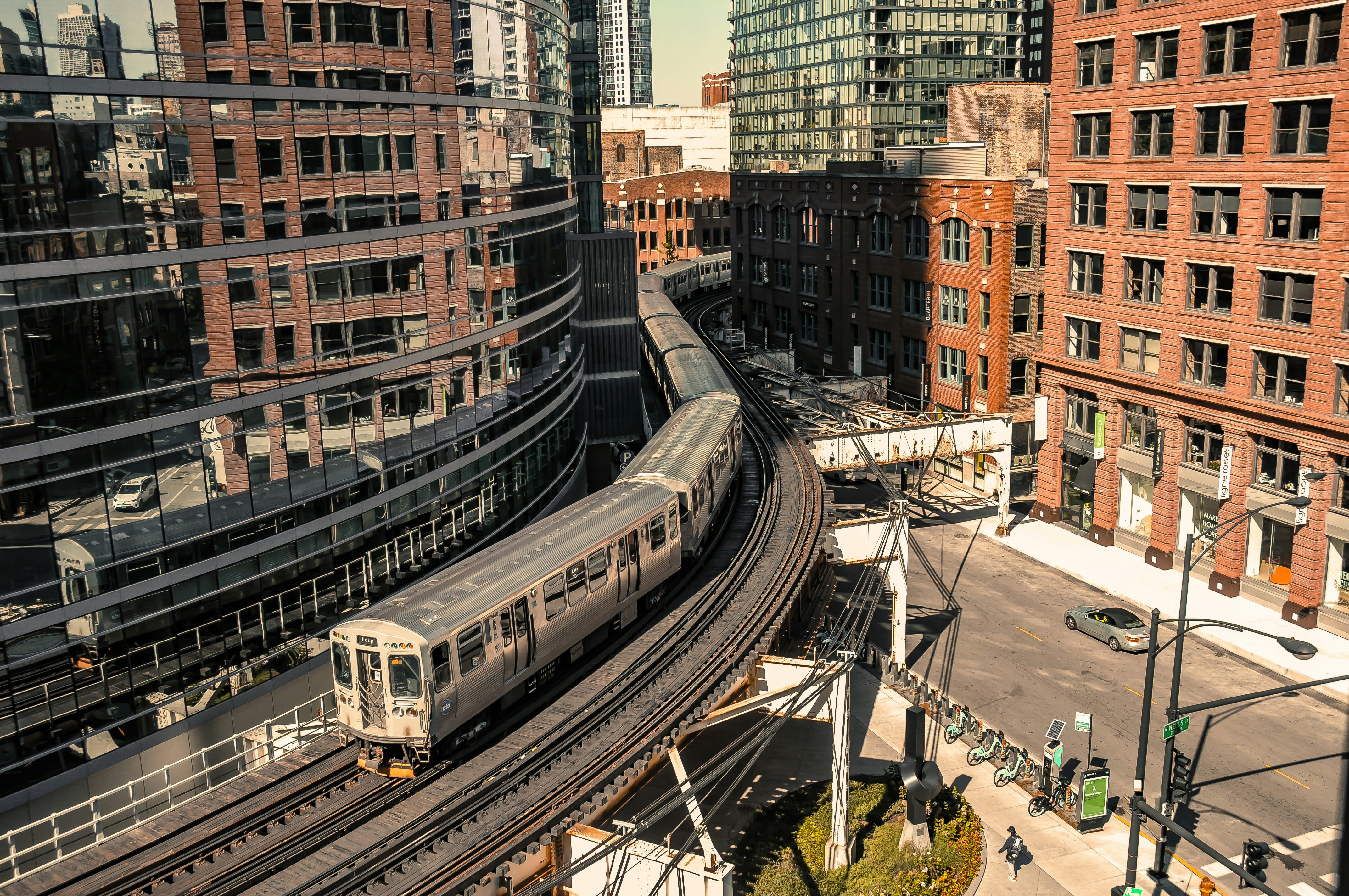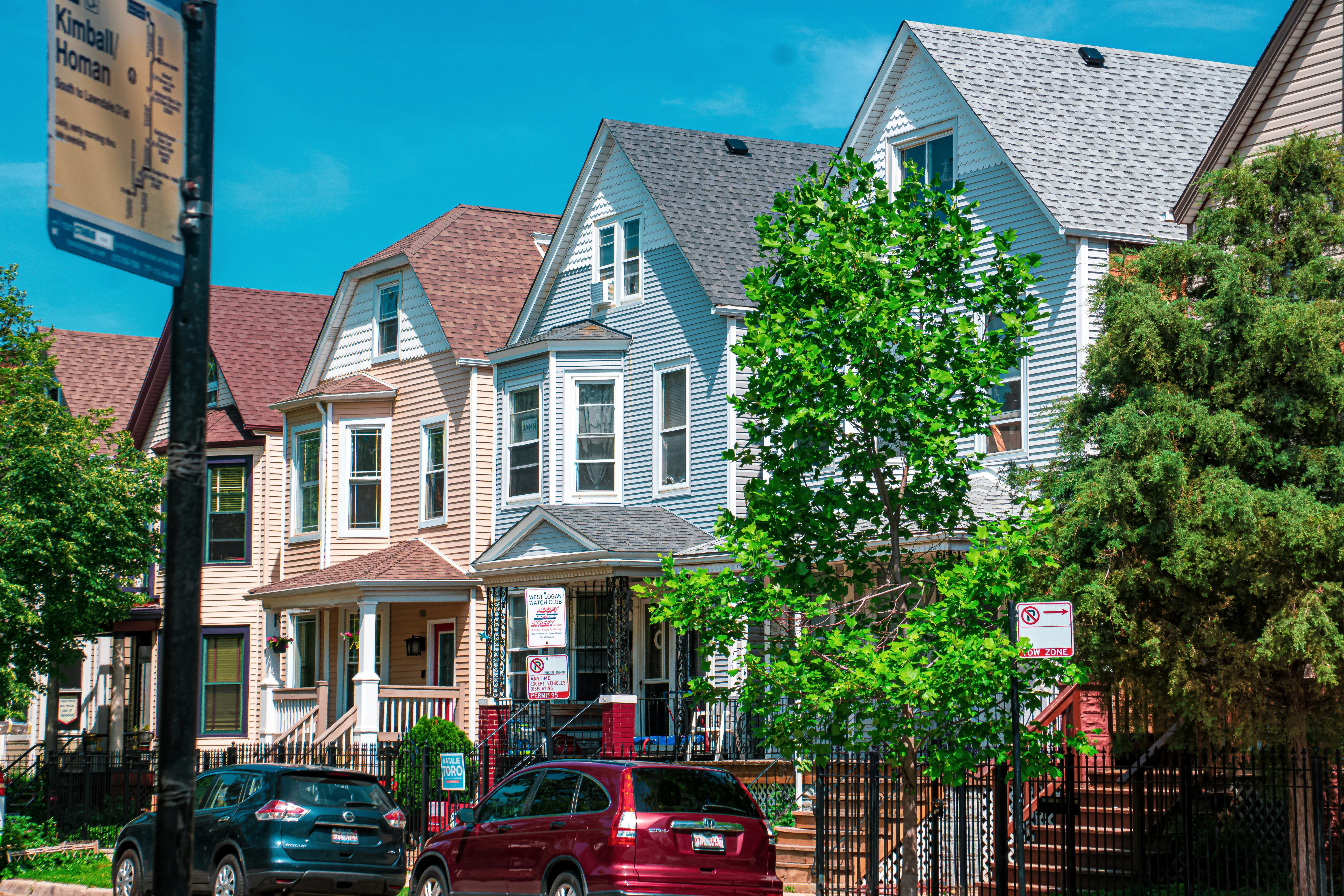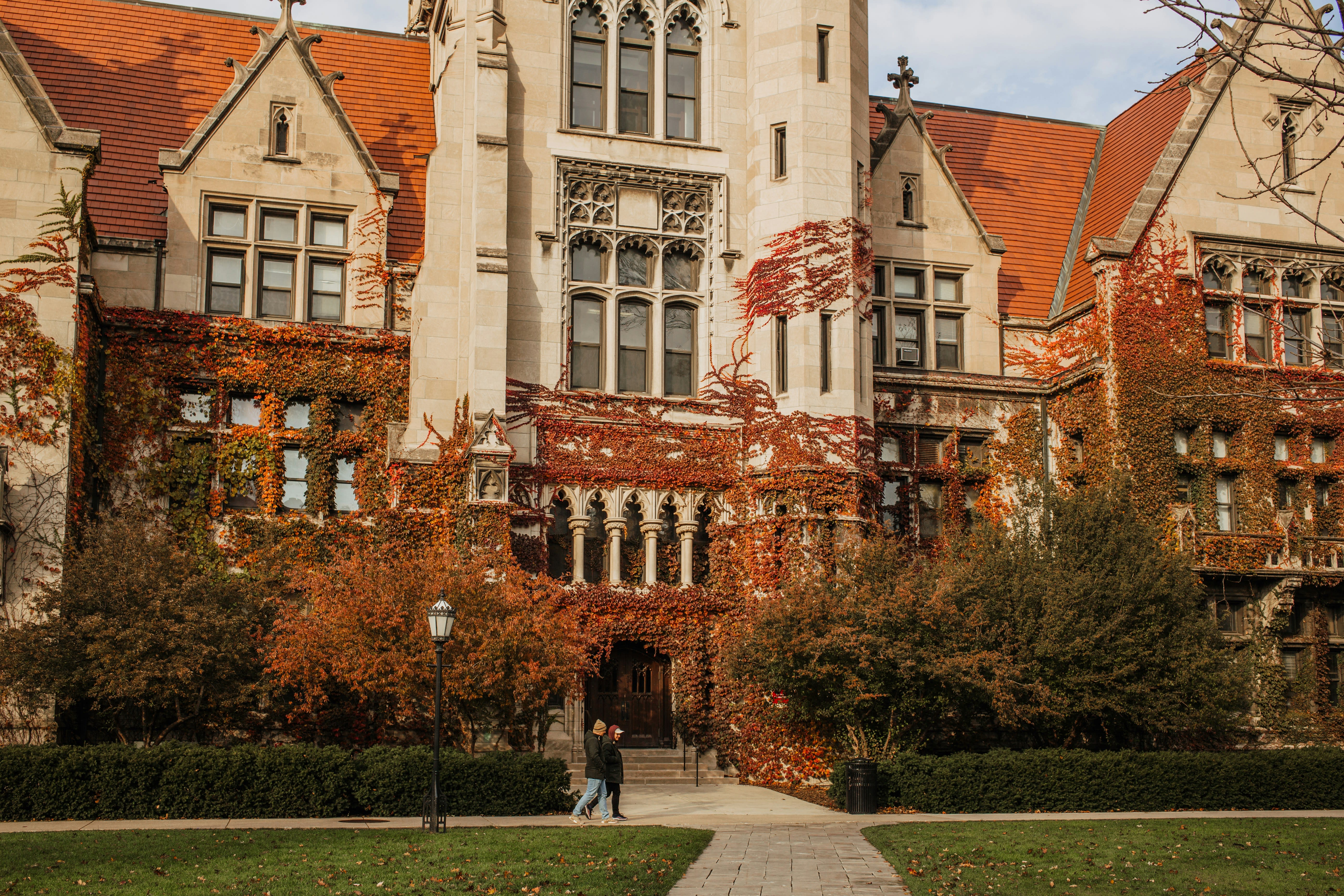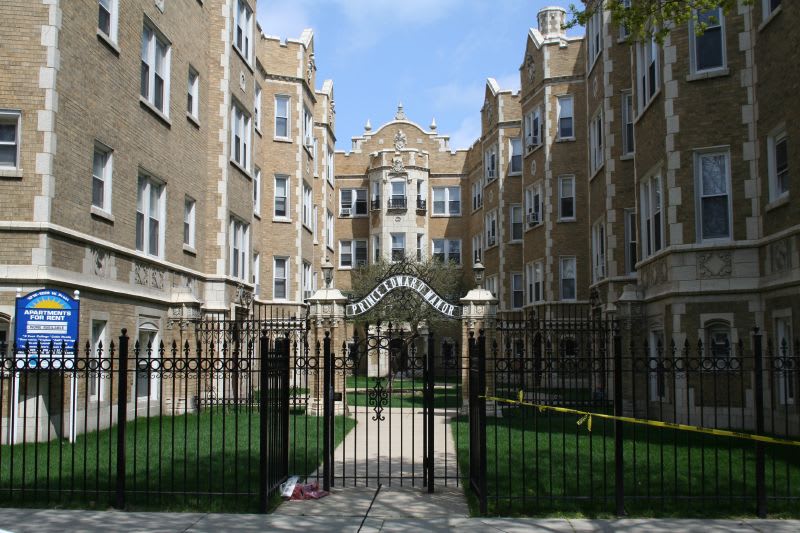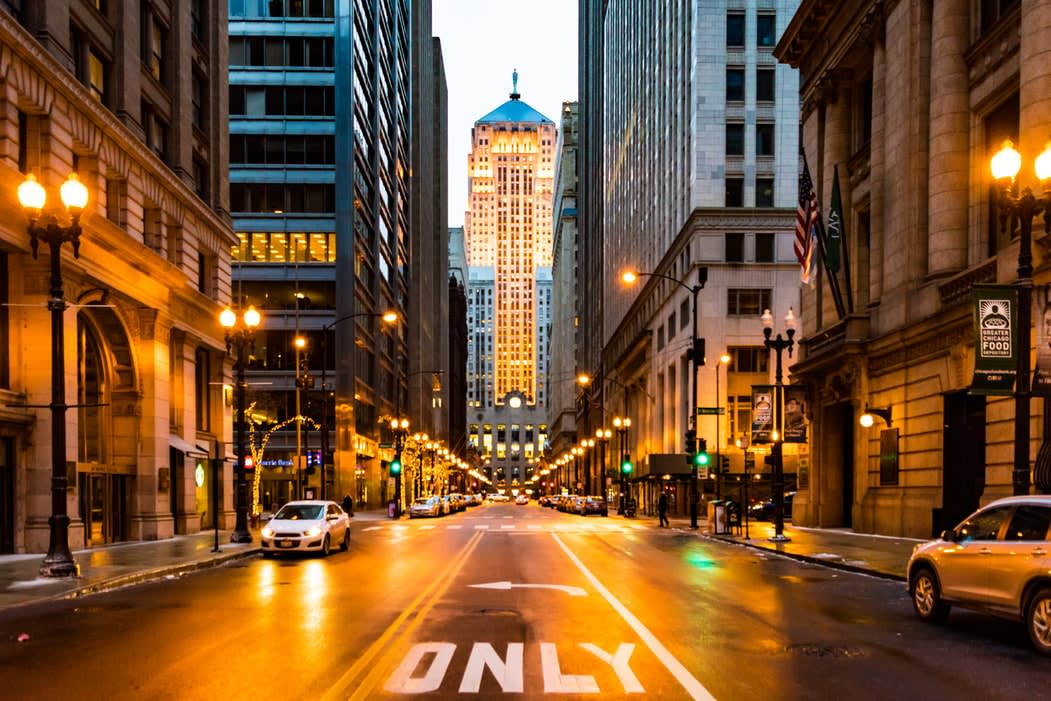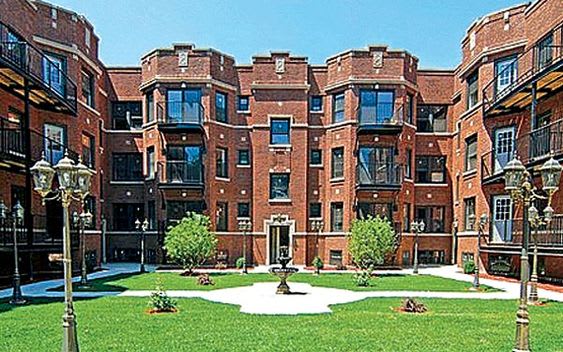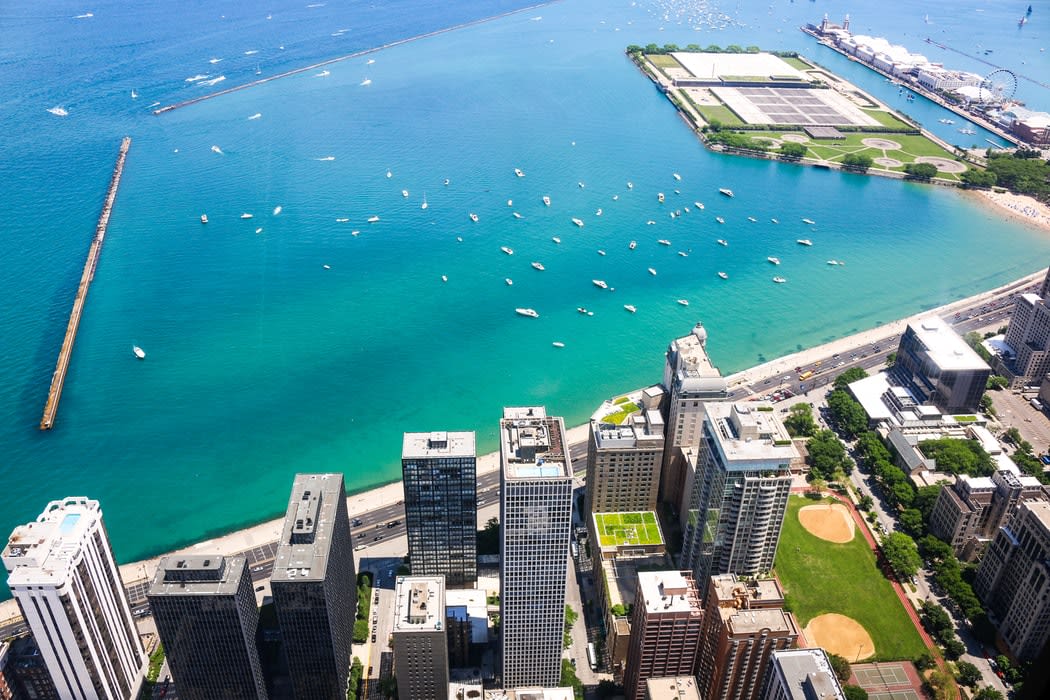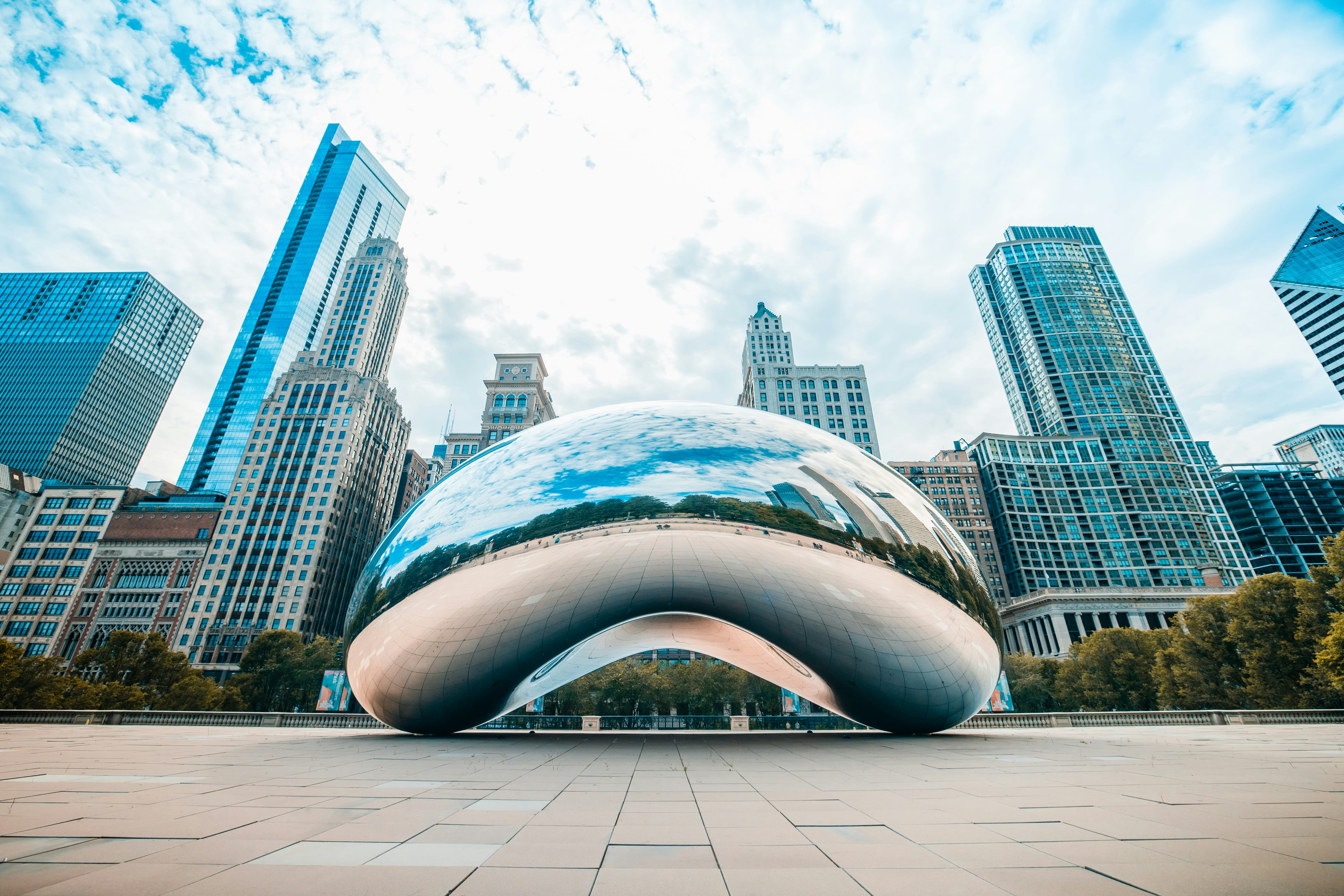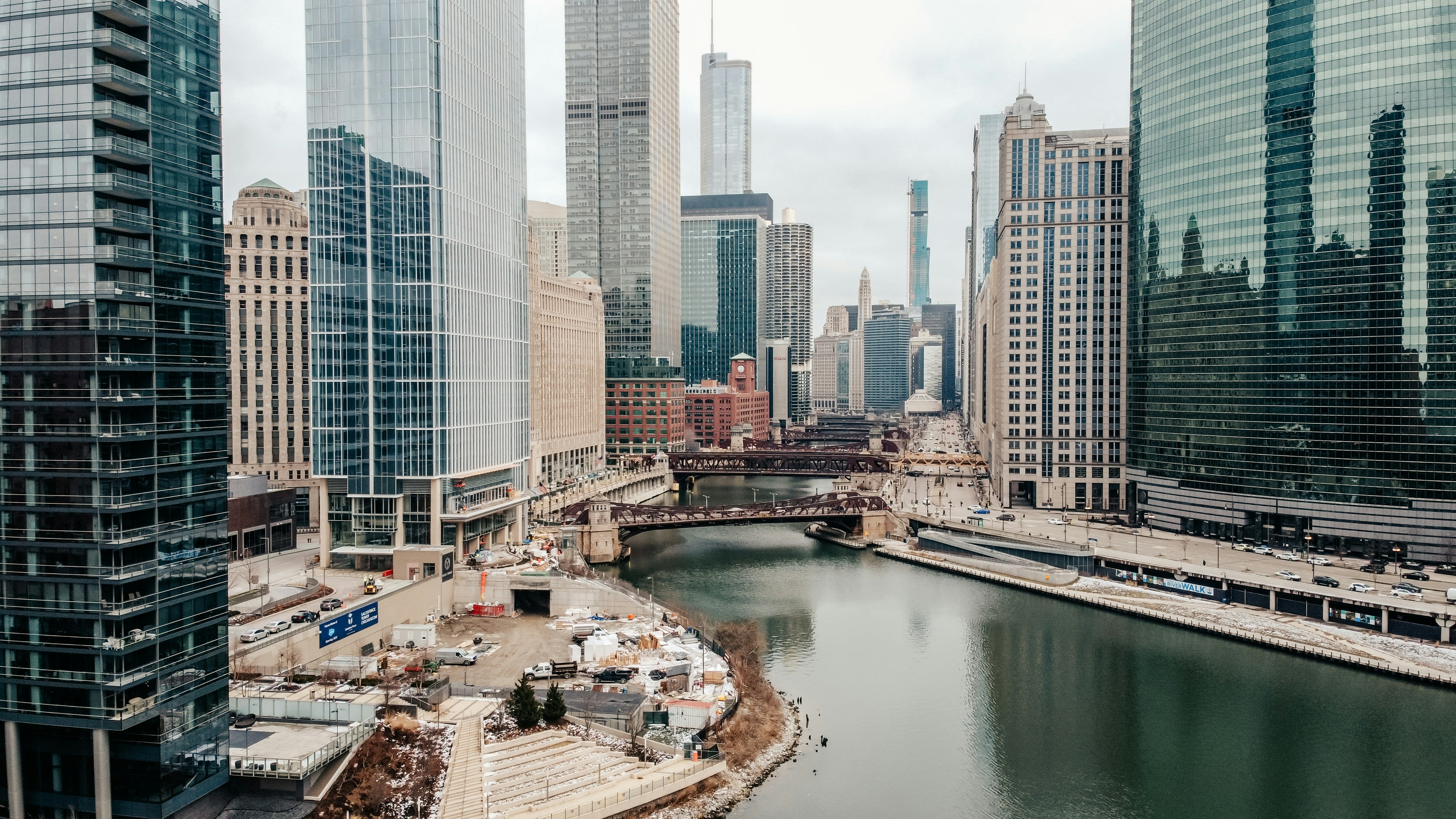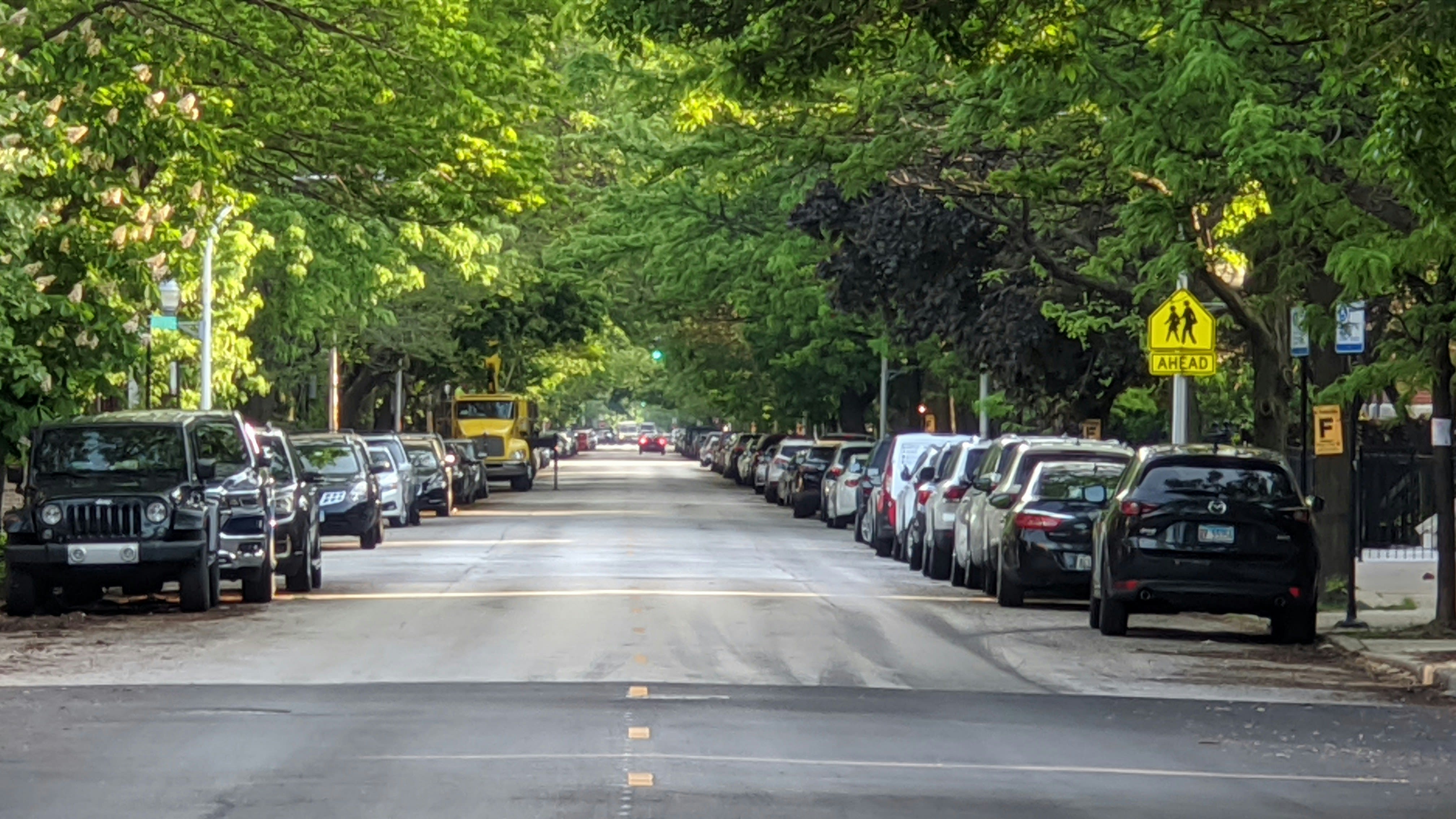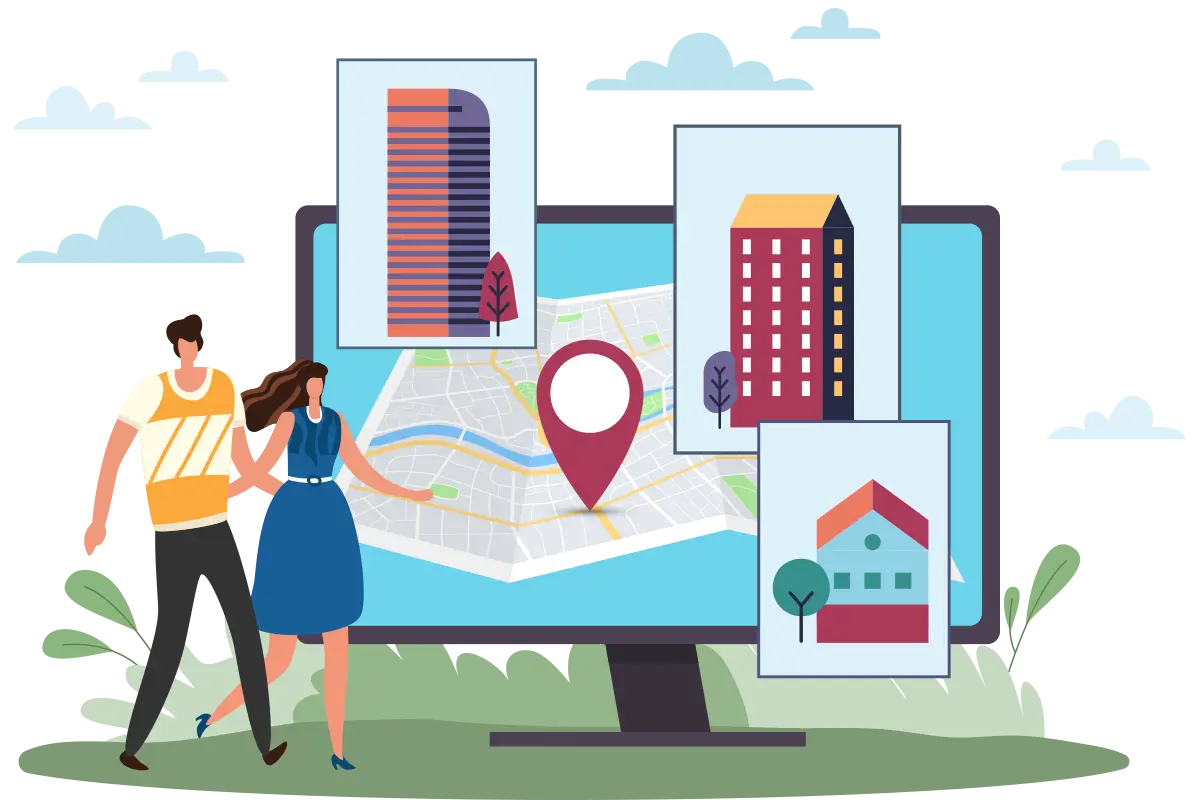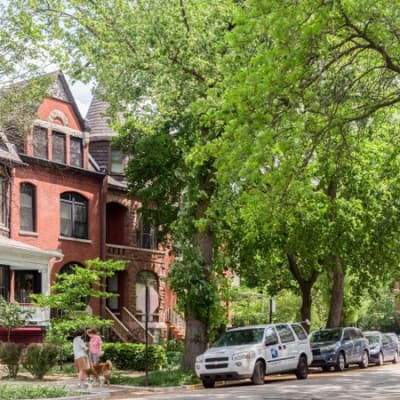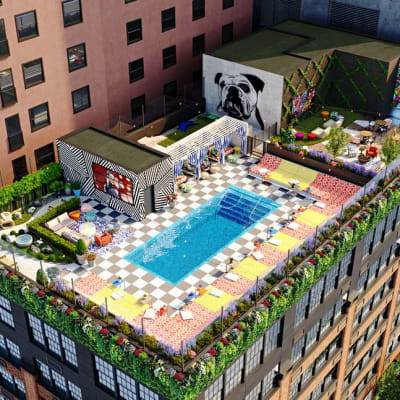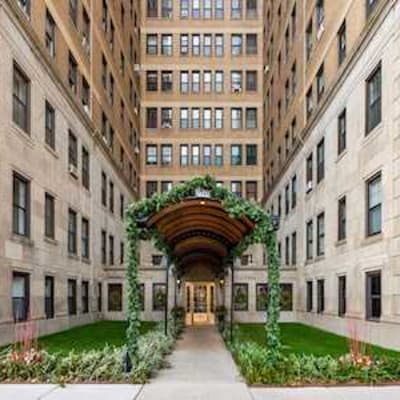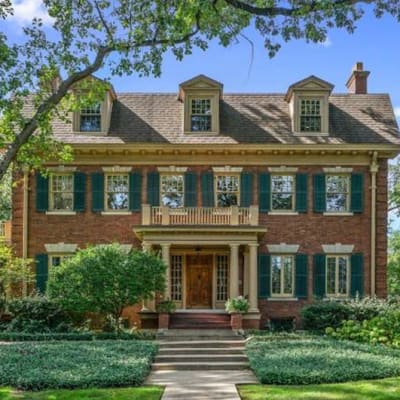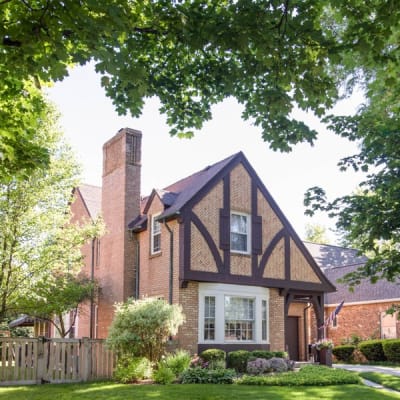Living in Chicago, Illinois
Italian Beef
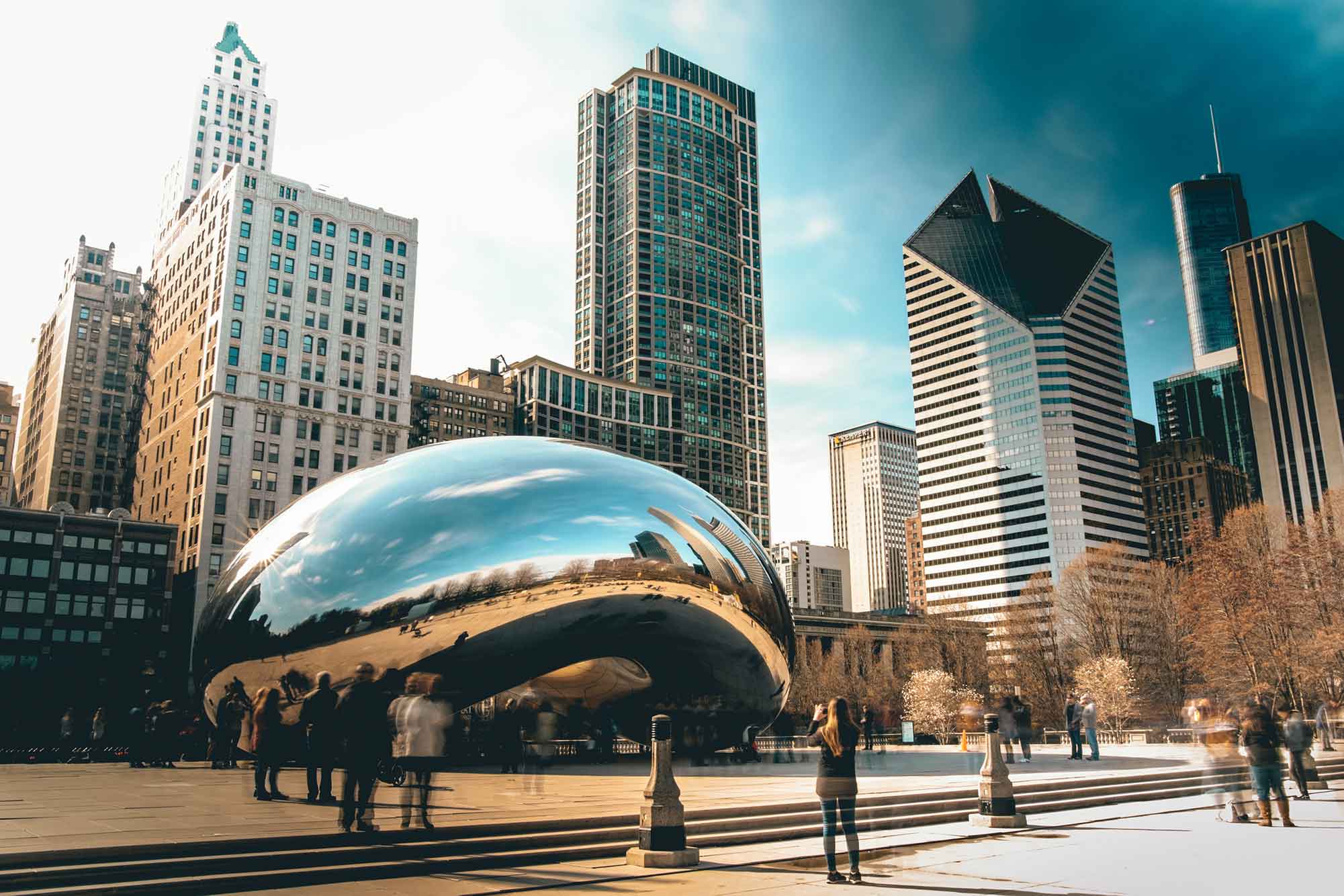
LookyLOO Review of Chicago
Neighborhood Pride
People who aren’t from Chicago tend to think of it as a big slab of a city - without the distinct boroughs of New York, or the famous neighborhoods of Los Angeles. But if you live in Chicago your neighborhood defines you in ways the whole city does not. 77 different neighborhoods, each worthy of celebration on its own: each filled with a unique vibe, culture, and history that longtime residents come to embrace. These neighborhoods in large part drive our inclusion of Chicago in LookyLOO's list of top vibrant urban cities.
What’s also cool though is that the other 76 neighborhoods are unique adventures for you to experience. You can live in the electric energy of downtown and minutes scoot out to the warmth of a Cubs game in Wrigleyville or the epicenter of cool on the West Side (sorry Wicker Park). 77 different neighborhoods, one that is your own, and 76 others all at your disposal.
Let's switch to what's tough about Chicago. Winters may not kill you but damn, they’re gonna hurt. Everyone knows about the cold, the wind, and of course, the snow, but the thing they don’t warn you about is how grey the skies remain for so long in winter. The Great Lakes cast a low, heavy layer of clouds over the city, creating a perfect storm of cold, wind, snow, and clouds throughout January and February. If you can survive that stretch though you’re home free.
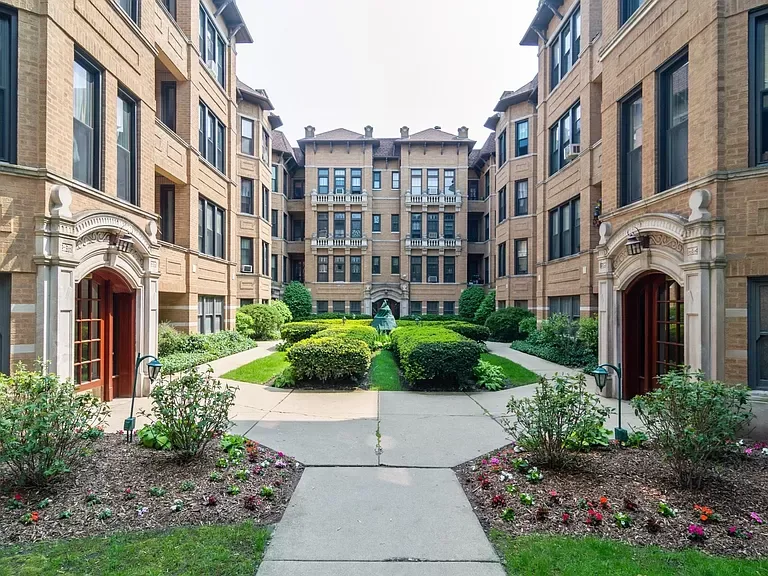
Lifestyle in Chicago
Architecture and building types matter a ton in cities that get as chilly in the winter (and hot in the summer) as Chicago. Lifestyle here is driven more by your home or building than other cities so let's dive into that first. Chicago has every kind of place you can live -- high-rises downtown, bungalows, two-story flats, big brick single-family homes, and all the rest. Most unique to Chicago though is The Courtyard apartment building. These are distinct 3-story U-shaped buildings with grass courtyards, mostly built between the 1910s and 1930s when fire hazards and regulations prevented builders from going taller. There are so many other ways to live but everyone should get a chance to live in one of these sometime.
Beyond the architecture, you'll find beautiful beaches and a silly number of music festivals, including Lollapalooza, Pitchfork Music Festival, and the Chicago Blues and Chicago Jazz Festivals. Chicago is excellent at bringing people together when the weather gets warm.
The city has a great food scene, seriously, watch The Bear. It has excellent transit, so not having to own a car makes it even more affordable. Many say it has most of the perks of NYC but at a fraction of the cost and a more favorable salary-to-cost-of-living ratio. That makes it attractive to couples and young families, aspiring to buy a condo or home and take advantage of the excellent public school systems in the suburbs.
Finally, Chicago has a much more relaxed vibe, people aren’t rushing or trying to get ahead quite as much. There is an ambitious and hard-working culture but the city moves at a less stressful pace than NYC or San Francisco.
Check out the calendar of events to see how jumping this city gets.
We highly recommend visiting Chicago and staying in the community in a VRBO rather than a hotel to get a feel for living among the locals. You can also receive discounted travel fares via our partnership with Expedia.
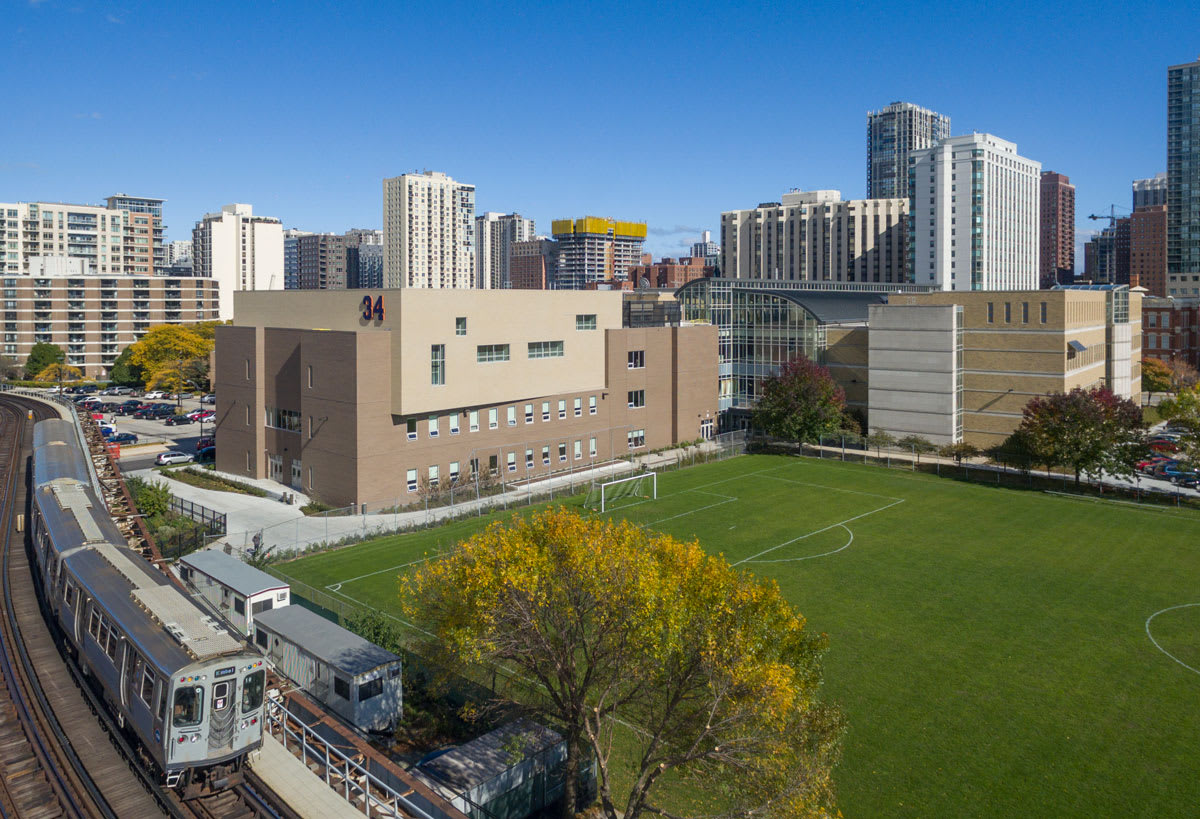
Schools in Chicago
Review from Former Teachers
In terms of how schools are assigned, children are guaranteed a place in the neighborhood school to which your home is assigned as long as you fill out the forms to enroll them in a timely manner. If you don't fill out the forms in a timely manner and the classes fill up, your child may be assigned to another adjacent neighborhood school for a year until they can get staffing figured out for the school your child would have been assigned to. The assigning of homes to schools is done usually by distance but in the past had some political reasons to not always be. Under a new state law, all school catchments will need to be regularly re-assessed with the default assumption being that the nearest school should be the appropriate neighborhood school. This will not change the school assignments for currently enrolled students though unless parents opt into the new school they would normally be assigned to. Also, at any time if you are unhappy with your neighborhood school, you can apply to send your child to any other neighborhood school in the city. I'm unsure how that approval process works.
Beyond the neighborhood schools, you have the magnet schools which are admittance by application only. Some are special interest schools with a focus on STEM or the arts for example. Others are purely academic in how you get into them. In terms of the application process, they all require some form of test and sometimes ask for recommendations from teachers. They are not looking not only for top scores on the tests but for relative scoring position when compared against other similar students (that is to say, against your child's peers so being top 10% in the district doesn't help if they're only top 30% in their school). They do this as measurable intelligence and aptitude on tests is primarily driven by home life and school environment moreso than the student's natural aptitude. So the hope is that by using relative ranking within schools that they create an equitable process that manages to bring the students with the greatest natural or learned talent to the magnet schools without disadvantaging poorer communities in the city while still giving some advantages to wealthier households who can better prepare their children for the entrance exam.
What this ends up doing is that in the wealthiest parts of the city, up to 20% of students from their elementary schools get sucked up into the magnet schools while in the poorer areas, it is around the top 8-15% (roughly). This is often why if you look at standardized test scores for places like Lincoln Park High School or Lake View High School it looks like the school is bad but in reality the top 20% of students from the elementary schools feeding it were all admitted to the top magnet schools.
Basically, if you want "good" schools live in a school catchment with high income families as that's the best indicator of a student's success with the second being the number of books their parents had in the household (not owned, in the household so the library is fine) on average while they were a young child. But that said, even the lower income areas can be great. For example, my wife taught for an amazing 1+ rated elementary school in a middle-income Hispanic community where the parents were focused on their kids having an easier life than they did. That school sent around 16% of its students to the top magnet high schools.
Yes, CPS has a bad reputation because of fear mongering and people not talking about individual schools within the system separately. But overall, CPS makes up 5% of the top 100 high schools in the USA based on matriculation rates to top rated universities. If you expand to the top 250, CPS still is about 5% of the schools in the list. Please keep in mind that the City of Chicago is a bit less than 1% of the US population. So this indicates that CPS greatly outperforms expectations as an overall school district.
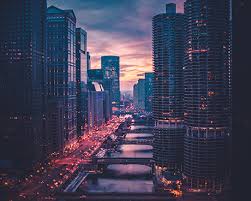
Why You Should Move Here Now?
The Economics
Chicago is an amazing city; with great industry and economy, beautiful classic architecture, world-class culture, an exciting sports scene, and everything a $3 subway ride away, but these things also come in a much less expensive package than the coastal majors. If you crave a major city but want a more economical lifestyle than New York, San Francisco, Boston, or Los Angeles, then Chicago has to be on your list. It’s the 3rd largest city but just the 15th most expensive city in the United States.
It may seem surprising but Chicago is the most inexpensive major city in the U.S. If that matters to and you're creating a short list of affordable options, check out the LookyLOO Guide to Cities with a Reasonable Cost of Living.

Reviews of Chicago from Locals
Basim Ali / Lived in Chicago / Updated 3yr
✭✭✭✭✭
Chicago is hands down one of the best cities in the states.
Cost Of Living: First off, Chicago is incredibly cheap. It’s significantly cheaper than NY, LA, SF or even cities like Seattle and Boston. (It’s cheap compared to most major North American cities. It’s still obviously going to be more pricey than middle of nowhere Texas). Most cities with a relatively cheap cost of living either don’t have well paying jobs, or they don’t have jobs at all. Chicago on the other hand is the 3rd largest city in America, and it has a very diversified economy. Despite this, it remains affordable for such an important city. Even in the desirable neighborhoods in the North Side of the city you can very easily get a studio for $1000 a month.
Things To Do: Chicago has more than enough things to do and there’s something happening every single day in the city. The Magnificent Mile is one of the best shopping streets in America, trumped only by Fifth Avenue. Other places to visit include the Navy Pier, Millennium Park, Grant Park, Buckingham Fountain and one of my personal favorite things about the city: the Riverwalk. The Lincoln Park Zoo is incredible as well (and it’s free). In addition to this there are many river and lake cruises that offer stunning views of the skyline. In the summer the lakefront bursts into action. Throughout the warmer months, there are parties and festivals on the gleaming beaches in the shadow of Chicago’s cloud piercing skyscrapers.
Food: Food in Chicago is incredible and relatively cheap, a perfect combination. Chicago style deep dish pizza and hotdogs are of course world renowned. Chicago’s diversity also means that there also a lot of cuisines from all around the world. There are also many upscale food options as well such as Everest or Alinea. The city’s restaurants have a total of 24 Michelin Stars.
Crime & Safety: Chicago has a notorious gang and murder problem. That being said the downtown and most of the North Side neighborhoods are completely safe. As long as you don’t venture into the wrong neighborhoods, which you have no reason to unless you want drugs, are a part of a gang etc then you should be completely fine. You should always be conscious of your surroundings but that goes for most major cities, not just Chicago. If you’re planning to move to Chicago, the Northern suburbs are incredibly safe places to live. Naperville, Evanston etc consistently rank as some of the best places to live in the Midwest.
Weather: This depends on the kind of person you are. Winters in Chicago are brutal, but they are so beautiful! Chicago in the winter time is nothing short of magical and the cold makes us all the more grateful for summer. However if you like to wear flip flops and t-shirts all year around and generally don’t like snow/ cold weather, Chicago and the Midwest in general is not for you.
I hope that I was able to paint a realistic picture about what it’s like to live in Chicago, both the pros and the cons. To summarize, Chicago is cheap, has great summers, a plethora of things to do, delicious food, safe suburbs and most neighborhoods of the city are safe. However winters here can be brutal and some areas of the city do have a very high crime rate.
For more reviews from locals check out: reviews section
Agents in Chicago
Want to give Chicago a shot?
Use our friends at VRBO and Expedia to help get you going!

Living in Chicago
Neighborhoods in Chicago
View All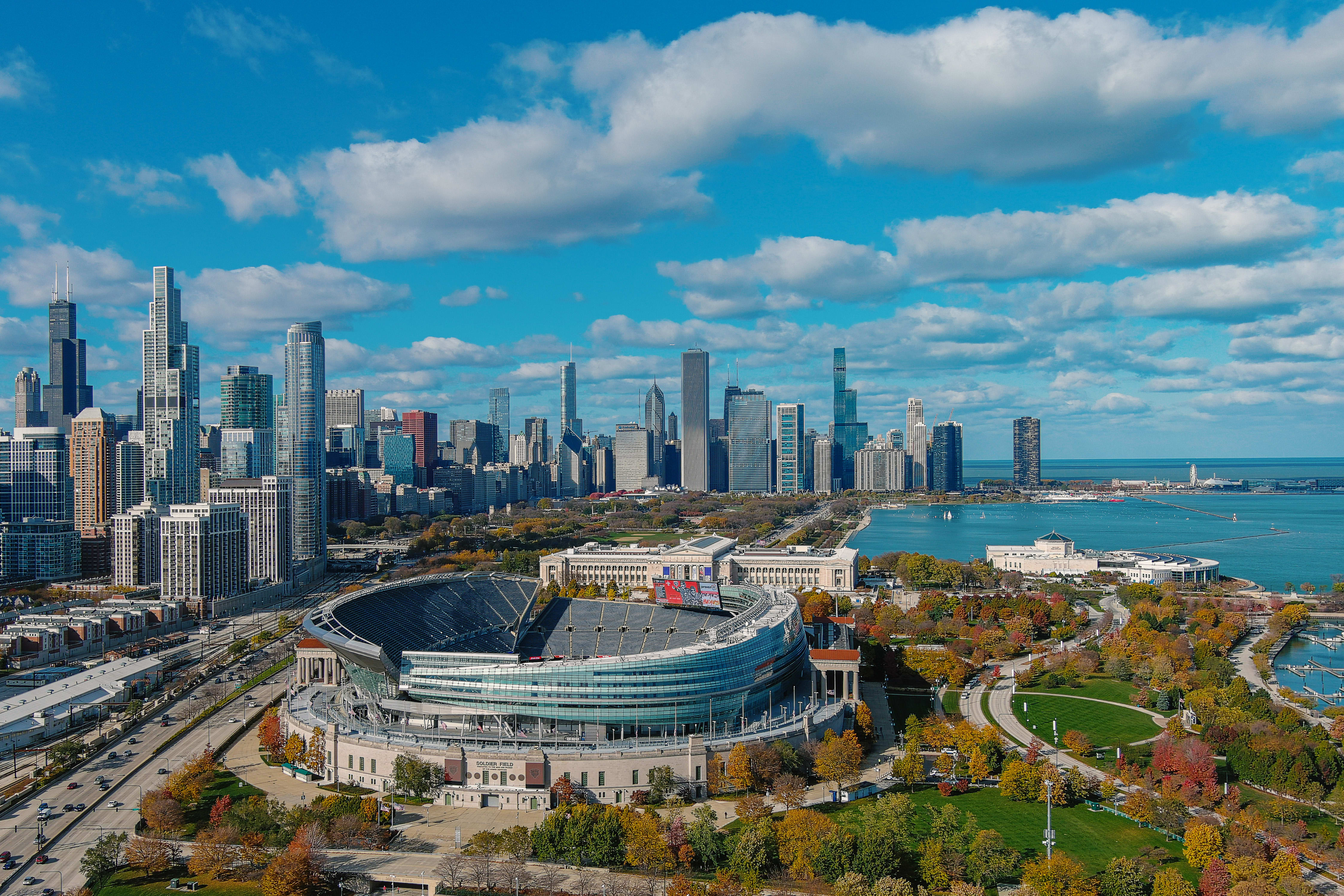
The Area
If you’ve never been to the Chicago Metroplex you may not know it stretches across the southwest side of Lake Michigan. While Chicago ain’t a coast it for sure is a beach town. The Lake is a defining characteristic as it provides play in the warmer months and brings the wind in the winter.
The city is surrounded by many quiet and some city-like suburbs, some of the most beautiful in the country. Evanston, home to Northwestern University, sits north of the city along the lake and is a wonderful college town for those who crave a city, but don’t want to live in THE city. The northern suburbs tend to be a bit fancier as their lake access is rewarded with higher prices and fancier digs. To the west lie countless booming ‘burbs like Oak Park, Hinsdale, Downers Grove and Naperville, that tend to serve both upper and middle/working class families.
